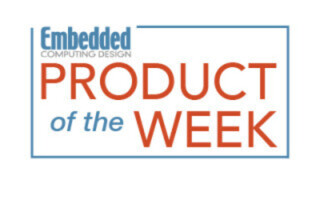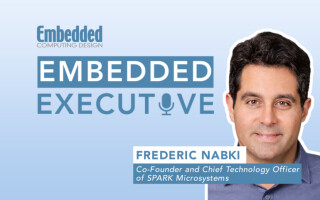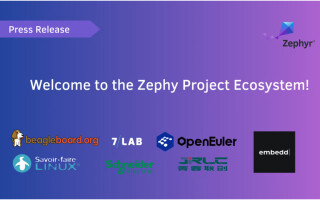A solution for standards overload
June 17, 2015
Blog

One year ago, I would have told you, "We need standards! There are no standards!" It was the Wild West of the Internet of Things (IoT) and people were...
One year ago, I would have told you, “We need standards! There are no standards!” It was the Wild West of the Internet of Things (IoT) and people were running in opposite directions, doing their own thing. In the past year, however, there has been rapid expansion in IoT standards. In some cases, this is very good. With 30 million devices predicted by 2020, we need standards to move forward and gain the IoT adoption needed to support the industry. On the other hand, with so many different standards today and many different companies behind each standard, when do we say enough is enough?
Success in the IoT is highly dependent on the interoperability of devices and this interoperability is going to come from whichever standards are adopted. The IoT industry needs a better experience on both the user and industrial side. Users need to know that when they buy a product, it is going to work with other devices they already have in their home.
The solution to the problem of too many cooks in the IoT standards kitchen: companies working together.
As companies, we need to admit that we can’t do it all. No one company is able to create every smart home product nor are they able to accommodate all the standards currently being used in the market. Companies are so focused on their own corporate interests, what they want to accomplish and how they want to monetize products that they are not looking at the industry as a whole. This is causing many backers behind many different protocols, which is leading to the lack of adoption of one standard over another.
The current IoT industry needs to make several changes in order to move forward together and successfully build interoperable products.
- Take a lesson from the RFID industry. Due to disagreements and competing protocols, it took the RFID market 15 YEARS to develop a common standard. Learn from this mistake.
- Drop some of the corporate agendas for the greater good of the IoT industry.
- Accept the fact that we can’t do it all by ourselves and we must collaborate with other companies to make interoperability work.
- Listen to customers and allow them to guide us to the right solutions.
- Finally, plan to support multiple paths. Because there is no standards frontrunner right now, it is important for companies developing IoT products to build and support several solutions and then shake it out as the industry moves forward.
Once the IoT industry truly unites around the common purpose of interoperability for a positive result for both companies and consumers, then IoT can truly thrive.
Adam Justice is vice president and general manager of Grid Connect, a manufacturer and distributor of the ConnectSense product line of wireless sensors.




